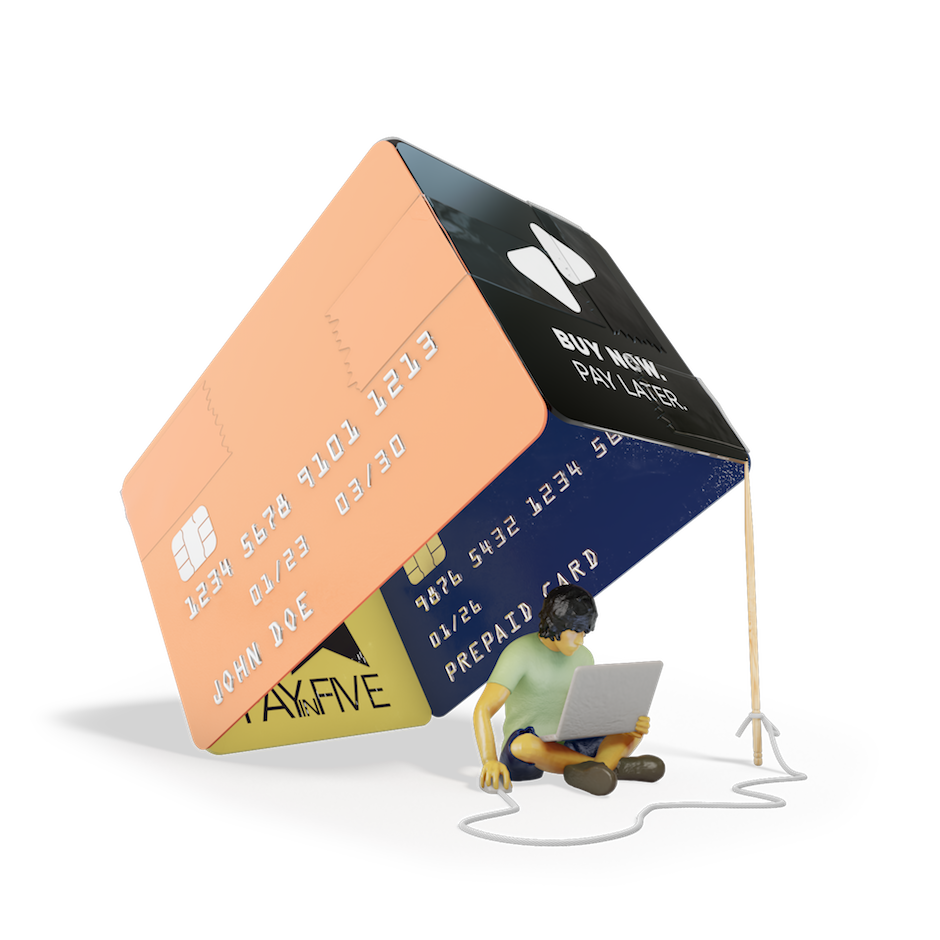Information about investing safely and wisely.
An investment is anything you put money towards with the expectation that you’ll earn wealth on it over time, like an investment property, shares in a company, or savings account. The risk with any kind of investment is that you may not get back what you’d hoped. You could even lose what you invested.
There’s a lot to know about investing. In this article, we step you through the basics so you can get started with more clarity and understanding.

Investments take many forms
It could be anything you buy with the hopes of selling at a higher price later, or anything that will create income through dividends, interest or rental paid. Having a house that you rent out is an ‘investment property’. Or you might invest in the shares of a company that can be sold for a higher price if the share price increases.
Or one of the safest ways people invest is to put money in a ‘term deposit’ account with a bank. This is money that will earn interest over time, and be paid out after an agreed-upon period. Superannuation is also a kind of investment, designed to support your retirement.
Financial risks
When you invest, you’re putting your money into something that you hope will increase in value. The risk is that it could decrease in value. Some people might find this risk too great, and so would rather not invest in anything other than superannuation or savings.
It can be said with investing that, if something seems too good to be true, then it probably is.
Types of investments
There are four types of investments or ‘asset classes’:
| Cash | This is anything that can be quickly converted to cash such as interest-earning bank accounts, or currency itself. | ||
| Fixed interest, or bonds | These are securities that are issued by governments or companies and earn interest over a fixed period. | ||
| Property | This can be houses or apartments, land, or any other type of property that is expected to rise in value over time. | ||
| Shares | Issued by companies, a share is a small piece of ownership in that company. Shareholders are usually entitled to earn a share of the profits of the company in what is called ‘dividends’, as well as any profit made from selling off their shares. | ||
Superannuation is also a form of investment
If you have superannuation (super), then you already take part in a form of investing. Put simply, your super fund invests money on your behalf using a variety of the above ‘asset classes’ to grow your super balance. This is on top of the regular contributions from your employer that are paid as part of your income.
📌 See our understanding superannuation page.
Cryptocurrency
You may have heard about investment opportunities in ‘cryptocurrency’. This may seem like an easy way to make money, but it’s useful to remember that cryptocurrencies are highly volatile and:
- often have prices that go up and down very quickly
- may lose their value after you buy them.
You can find out more about cryptocurrency from the Moneysmart website.
What to consider before investing
- is it right for you? – this depends on your personal circumstances and what you can afford to pay upfront and to service the investment
- what is your goal? – consider how long you can spare the investment money before you achieve your investment goal
- what is the risk? – think about the amount of risk you are comfortable with, and whether you might reduce that risk by spreading investments across a range of options
- your tax bill – you must pay tax on any money you earn from investments
Key investor resources
You can learn about investing safely on the Moneysmart website:
| Resource | What to expect |
| Develop an investing plan | Six steps to get ready to invest |
| Choose your investments | How to find the right investments to help reach your goals |
| Investor toolkit | Help with the investing essentials |
| Keep track of your investments | Check how your investments are performing |
| Diversification | Spread your investments and lower your risk |
| Choosing a managed fund | Pick a professional to manage your money |
Financial advisers
Before investing, you might want to seek advice from a licensed financial adviser. Only people with a licence are allowed to call themselves ‘advisers’ and provide advice of this nature to clients. They generally charge fees for their services.
Financial advisers may get paid for the financial products you buy. So, they may not be working in your best interest. However, financial advisers are legally bound to tell you about all the commissions they might receive.
Visit Financial Planning Association (FPA) for a list of licenced financial planners in your area.
Being mindful of scams
Unfortunately, there are those who would seek to take advantage of people hoping to build their wealth by investing. This is often done through scams that aim to steal money, identity details, or other private information through fraud and deception.
Protecting yourself from scams
- ask questions and request information about the investment (and person offering it)
- do your own research on the company
- get professional advice from a qualified and independent financial adviser
- ignore unsolicited approaches or advice from people you don’t know
- be cautious
Where to find more information about scams
Scamwatch by the ACCC – what to look out for and current alerts
Investment scams by Moneysmart – reducing the risk of investment scams
Investment scams explained by Scamwatch – before you invest and warning signs
If you want to know more about protecting your money online, head to our article on protecting yourself online.

If you think you have been scammed
Tell your providers
Contact your bank, financial institution, or any other financial service provider, like your super fund. You can ask them to stop any suspicious transactions.
Get expert help
| IDCARE Australia’s national identity and cyber support service for help managing your identity security. | 1300 432 273 Request a callback |
Take sensible precautions
- change your passwords
- monitor your bank account
- let your family and friends know about the scam
Learn more about scams and what to do if something happens to you.
Where to get help by Scamwatch
What to do if you’ve been scammed by Moneysmart
This information was last updated on 5 June 2023.
The links and resources in this article have been compiled and reviewed by the Brotherhood of St. Laurence. We aren’t responsible for what you’ll find at the links, though we do hope you find the information useful. See our disclaimer if you’d like to know more.
Want to save this article as a PDF? See how to here.
📌 See more: